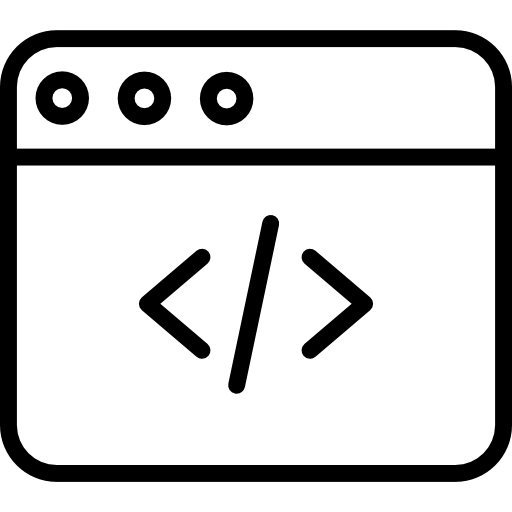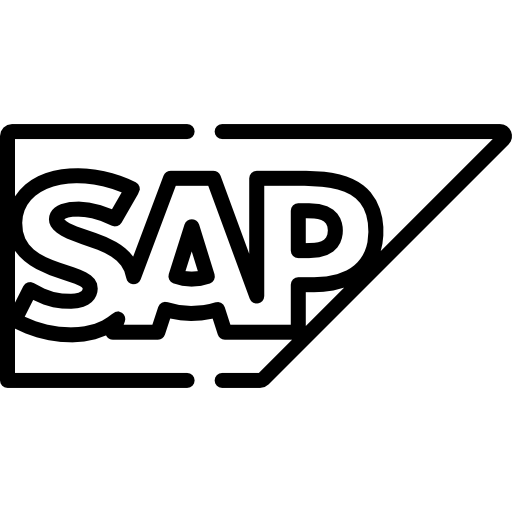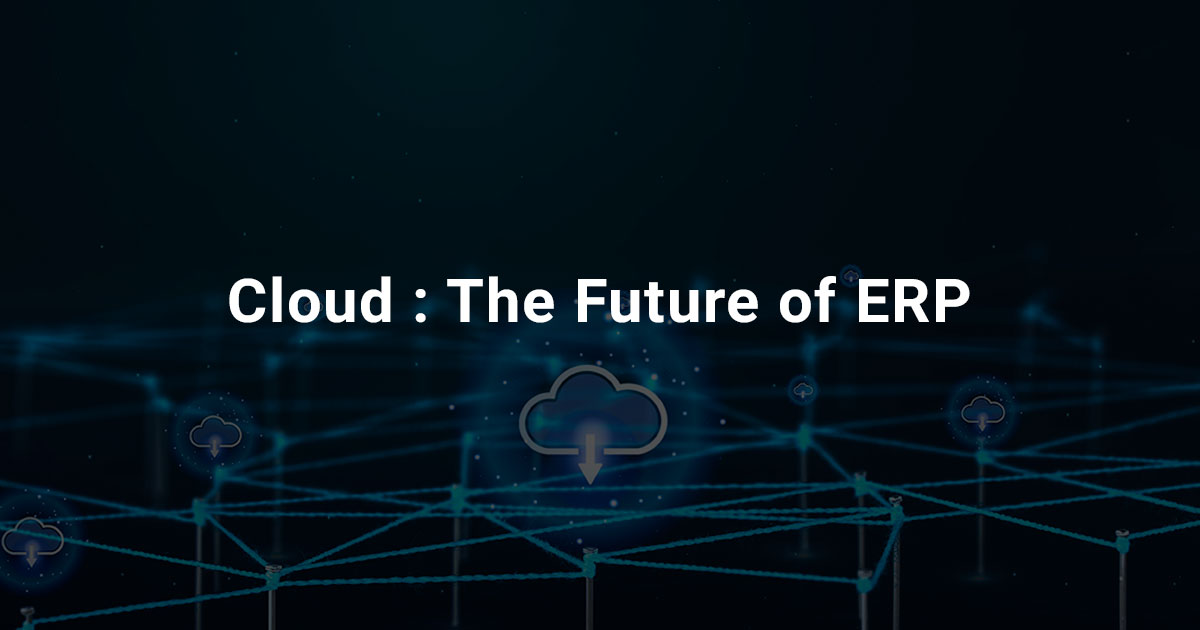The business environment today changes in a flash. Thanks to the various technologies that are upgraded more frequently than we can keep up and also competition, that is equally adept at adapting to those changes. Keeping up with the current trends is the need of the hour as not doing so will surely set you back and make you lose out to the competition. A key part of keeping up with the current times is the use of an Enterprise Resource Planning (ERP) solution by businesses. Managing data was already a tough task and has only gotten more thanks to the massive amount of data that is generated by today’s day-to-day operations. And that is where ERP solutions come into the picture, making it easier for you to manage such massive complexions as well as your day-to-day and other critical operations that benefit you in the long run.
ERP solutions at the end of the day are software’s. In general as well, searching for the right ERP solution for your business is time-consuming. And with the inevitability of cloud, it becomes even harder choosing between the two – An on-premises native solution or an on-cloud remote solution. Very confidently, we would suggest you to go for the latter. Cloud truly is the future, and not just for all the other products and services, but for Enterprise Resource Planning as well. You might be wondering why? To start off, a cloud ERP solution does exactly everything that a normal, on-premises solution can do. So the fears of missing out or cutting back on crucial features is completely quelled.
The main difference is the way you handle data. As opposed to the traditional solution, your data is stored on a cloud server and hence, you never have the need to build your own server or database. That in itself is good news for many SMEs in terms of financial feasibility as all the extra money they’d spend on the hardware is now saved to be better utilized on other critical business processes. Secondly, the deployment is easier & quicker as there is no hardware pre-requisite such as extra computers or servers to manage and maintain it. Updates is another area where cloud ERPs have an edge over the traditional ones as it happens automatically with no human intervention. But, those alone are not the reasons why Cloud is the future of ERP. These are:
Rise of SaaS (Software as a Service)
According to the ERP Software Market Revenue published by Global Newswire, by 2026 the global ERP software market is projected to reach $66.38 billion. This push for ERP by organizations around the world can be attributed to the industry trends, digital transformation around the world, & Covid-19 impact. A big part of this push are cloud based ERP solutions due to the remote working environment created by the Covid-19 impact. Most organizations are now seeing the merits of a cloud based solution and its financial feasibility, as well its equal efficiency and productivity when compared to the traditional ones. ERP vendors offer a variety of ERP solutions that follow the SaaS or Software as a Service approach. And they have always catered the SMEs for years by offering SAP Business One in both Cloud as well as Hybrid Cloud options. An all-SaaS approach is one that is becoming common place as all you need is a stable uptime and you’re set. Subscription-based models have been around forever, whether it’s entertainment, media, etc. and now it is being integrated into ERP as well and transforming the way we work. The rise of SaaS is one of the key reasons why cloud is the future of ERP.
Cost Effective & Efficient
One of the biggest advantage of a cloud-based ERP is that you are not required to have any specific hardware. And not only that but it is also the flexibility of this solution that makes it so alluring to small and medium businesses. And due to that, there is a bare minimum implementation and running cost. Also, unlike a one-time license cost for a traditional ERP, which is often quite high, cloud based solutions most of the time come with a subscription based model, which differs from vendor to vendor, thereby making it much easier on the pocket.
Apart from the finance, a cloud ERP excels at everything a traditional all-premises model does and at times outperforms it. Plus cloud computing is faster in nature and provides real-time analytics & insights and is readily available & accessible to the user at any point in time. This not only maintains productivity but also improves the efficiency of your organization as a whole, giving you an edge over the competition.
Big on Mobility
Cloud is big on Mobility as it can be easily accessed from anywhere and from any device. That combo of mobility and ease of access makes it one of the most important assets for businesses in today’s environment where everything is mobile. As we know ERP systems themselves are present in the mobile domain with apps that can be used from mobiles and tablets to enhance the user experience as well as the ability to access critical data, intelligence, and analytics from a device of their choosing. This was not possible a few years back and especially with the traditional ERP solutions. The user now has the freedom to access and enjoy all the functionalities of an ERP without the need to worry about the device and at affordable prices by merely downloading the application. Cloud has helped ERP solutions to become highly mobile and in-turn help the consumer adapt and respond to changes in a much faster and efficient manner.
Data Security & Backup
Even in the day-to-day scenario, data security on a Cloud ERP is at a much higher level than its counterpart. There are numerous safeguards in place to prevent data theft or loss on the cloud. We all know how important data is today. Cloud ERP providers leave no stone unturned when it comes to security and invest heavily into security infrastructure of the highest standards to ensure the absolute safety and availability of data for you. With cloud, security is one thing you can always rest assured about. But in the worst case scenario where your data gets lost, accidentally deleted, or even destroyed, cloud still has you covered. Cloud ERP solutions are known to take full backups of your data on a regular basis. This makes sure that even in the event that a worst case scenario does occur, you can always recover complete data, something that is almost impossible in case of a traditional ERP solutions. In terms of both data security & backup, cloud always has you covered.
To sum it up, cloud isn’t a new phenomenon. It has been around for quite a while now. It’s just the fact that the current business environment has brewed a perfect storm for business to discover the benefits of cloud and realize the potential it holds for them. And the same is applicable for ERP solutions as well. A turn towards a more data and more mobile world demands solutions that provide constant access from anywhere at any time. And cloud is exactly what provides that accessibility to ERP solutions.
And when you see what it does and how it benefits the mid-market businesses you can clearly see that cloud is indeed the future of ERP.














































